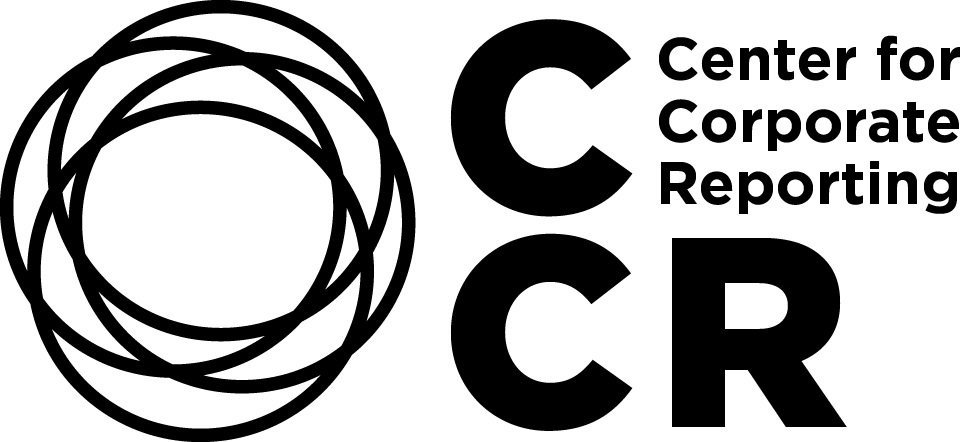Stock exchanges increasingly guiding markets on sustainability reporting
A stock exchange is often seen as only a market for trading stocks – a virtual point where buyer meets seller – but its role in ensuring the proper functioning of the market where it operates involves much more than providing the platform where stocks are bought and sold. Historically, stock exchanges have educated and trained both business and investors on a series of topics from listing rules and investment tools to regulation and product development.
Stock exchanges are the intersection between issuers, investors, capital market regulators, and policy makers, and as such they are constantly evaluating new demands from investors and policy makers and translating them to issuers. As the sustainability challenges facing capital markets and the corporate sector evolve, stock exchanges are adapting, and guiding both issuers and investors in this process by facilitating the information flow between them. One of those areas of guidance is sustainability reporting.
At one time, an investor’s toolbox for analysing investment opportunities contained only the company’s financial bottom line, usually reported in a quarterly manner, making capital markets inherently short-sighted and therefore misaligned with financing needs of sustainable development. But now, shareholders, fund managers and other capital market players are expanding their appraisals of a company by also evaluating its environmental and social practices.
In some markets investors are demanding new information on the sustainability activities of a company, and in others the move towards increased environmental, social and governance (ESG) disclosure is led by other market players. In all markets, stock exchanges have a key role to play. Led by a United Nations initiative, stock exchanges are fulfilling that role by guiding their issuers on how to disclose ESG information.
The United Nations Sustainable Stock Exchanges (SSE) initiative encourages stock exchanges to provide guidance to their issuers on ESG reporting and aids stock exchanges in doing so by providing a template that can be adapted to their local market, the “Model Guidance on Reporting ESG Information to Investors: A Voluntary Tool For Stock Exchanges to Guide Issuers.”
In September 2015, when the SSE launched its Model Guidance for exchanges, less than one third of stock exchanges around the world were providing guidance to issuers on reporting ESG information. As a result of the SSE Model Guidance campaign and their collaborative work with stock exchanges, the number of exchanges with sustainability reporting guidance has more than doubled (see figure 1).
The SSE is continuing its campaign and is working with its partners with the end goal of all stock exchanges providing guidance on reporting their ESG activities.
Figure 1: Number of Stock Exchanges with Guidance on ESG Disclosure
About the author
Anthony Miller is the Focal Point for Corporate Social Responsibility within the Investment and Enterprise Division of the United Nations Conference on Trade and Development (UNCTAD).
He has managed the Sustainable Stock Exchanges initiative since its launch by UN Secretary General in 2009. In 2011, the initiative was named by Forbes magazine as one of the “world’s best sustainability ideas” and by 2016 it included over 60 stock exchanges in the world representing over 70% of global listed equity markets.
Dr. Miller is a specialist on CSR, corporate governance and responsible investment, with particular emphasis on how these issues impact developing countries. He is a regular contributor to UNCTAD’s flagship World Investment Report and for over 10 years an annual guest lecturer on CSR and responsible investment at the Cambridge Centre for Development Studies. He holds an MPhil and PhD in Development Studies from the University of Cambridge.


